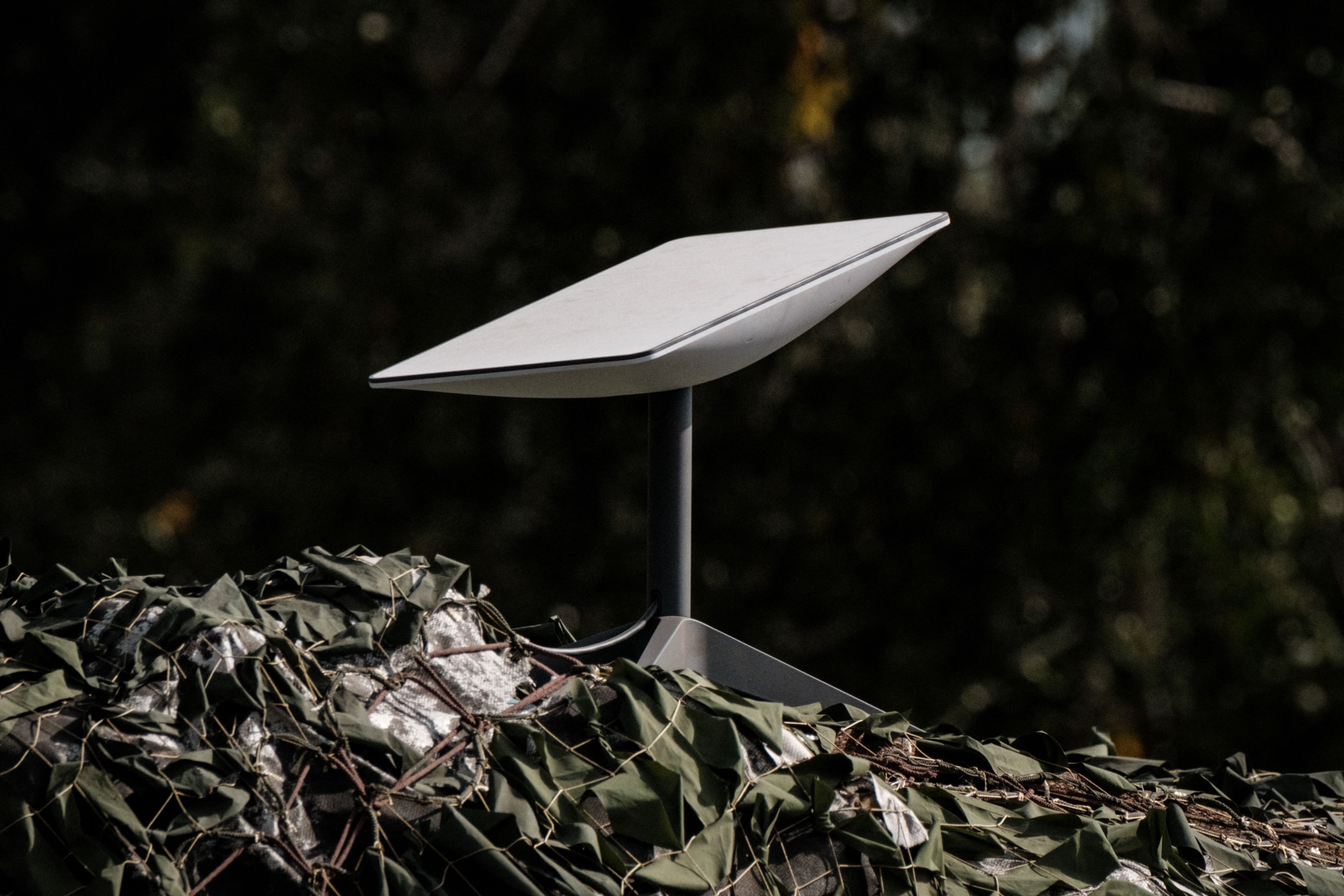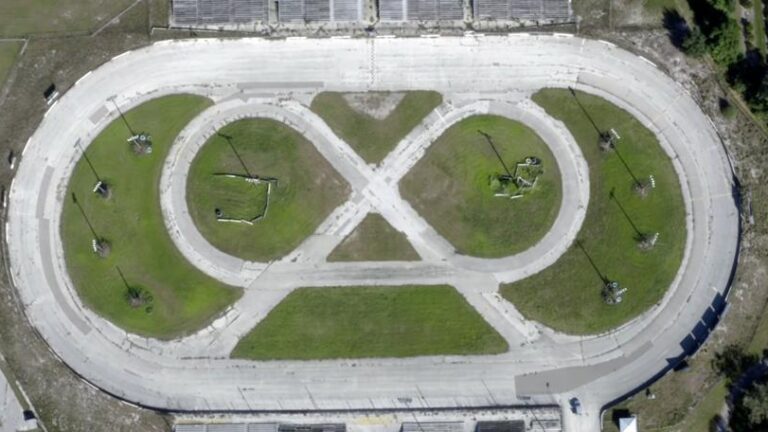[Update on September 9: Author Walter Isaacson now says his book's claim that Elon Musk disabled Starlink to thwart a Ukrainian submarine drone attack is incorrect. Musk did refuse to enable Starlink in the area near Crimea, however.
"To clarify on the Starlink issue: the Ukrainians THOUGHT coverage was enabled all the way to Crimea, but it was not," Isaacson wrote. "They asked Musk to enable it for their drone sub attack on the Russian fleet. Musk did not enable it, because he thought, probably correctly, that would cause a major war."
Musk weighed in, writing, "The onus is meaningfully different if I refused to act upon a request from Ukraine vs. made a deliberate change to Starlink to thwart Ukraine. At no point did I or anyone at SpaceX promise coverage over Crimea. Moreover, our terms of service clearly prohibit Starlink for offensive military action, as we are a civilian system, so they were again asking for something that was expressly prohibited."
Musk added that "SpaceX is building Starshield for the US government, which is similar to, but much smaller than Starlink, as it will not have to handle millions of users. That system will be owned and controlled by the US government."]
[Update on September 12: According to CNN, a spokesperson for publisher Simon & Schuster said on Monday that "future editions of the book will be updated" to correct the error. Isaacson's book as published said, apparently incorrectly, that Musk "secretly told his engineers to turn off coverage within a hundred kilometers of the Crimean coast." In a post explaining the mistake, Isaacson wrote, "Based on my conversations with Musk, I mistakenly thought the policy to not allow Starlink to be used for an attack on Crimea had been first decided on the night of the Ukrainian attempted sneak attack."]


 Loading comments...
Loading comments...
